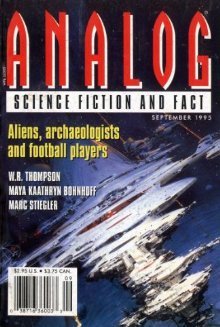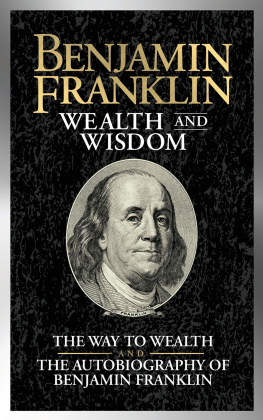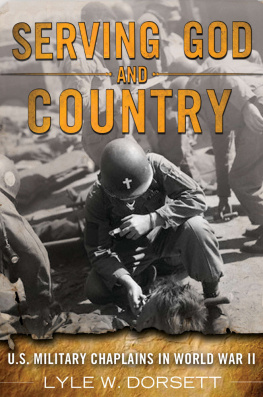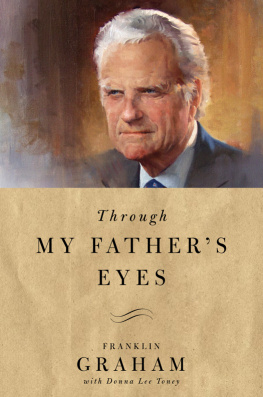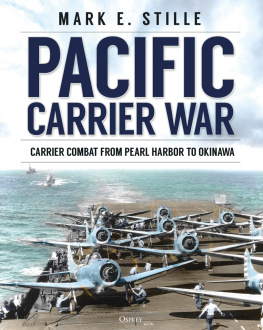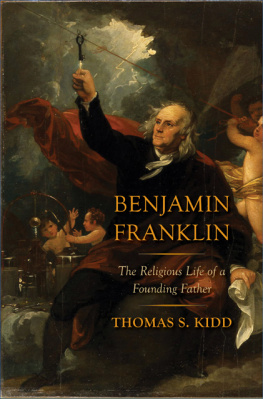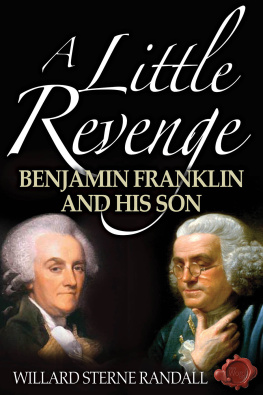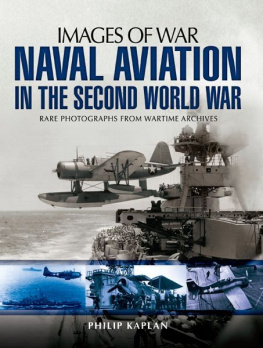

Lt. Cdr. Joseph T. OCallahan

The latest edition of this work has been brought to publication with the generous assistance of Marguerite and Gerry Lenfest.
Naval Institute Press
291 Wood Road
Annapolis, MD 21402
2011 by John R. Satterfield
All rights reserved. No part of this book may be reproduced or utilized in any form or by any means, electronic or mechanical, including photocopying and recording, or by any information storage and retrieval system, without permission in writing from the publisher.
ISBN 978-1-61251-402-4 (eBook)
The Library of Congress has cataloged the hardcover edition as follows:
Satterfield, John R.
Saving Big Ben : the USS Franklin and Father Joseph T. OCallahan / John R. Satterfield.
p. cm.
Includes bibliographical references and index.
1. Franklin (Aircraft carrier) 2. OCallahan, Joseph Timothy, 19041964. 3. Military chaplainsUnited StatesBiography. 4. JesuitsUnited StatesBiography. 5. World War, 19391945Personal narratives, American. I. Title. II. Title: USS Franklin and Father Joseph T. OCallahan.
D774.F7S38 2011
940.5478092--dc23
[B]
2011023452

 Print editions meet the requirements of ANSI/NISO z39.48-1992 (Permanence of Paper).
Print editions meet the requirements of ANSI/NISO z39.48-1992 (Permanence of Paper).
19 18 17 16 15 14 13 12 11 9 8 7 6 5 4 3 2 1
First printing
For Roxanne
Laudo te, benedico te, adoro te, glorifico te,
Gratias ago tibi propter magnam gloriam tuam.
Gashed with honourable scars,
Low in Glorys lap they lie,
Though they fell, they fell like stars,
Streaming splendour through the sky.
James Montgomery, The Battle of Alexandria, 1811
I never saw them again. The sea took some... the
graveyards of the earth will account for the rest.... So be
it! Let the earth and the sea each have its own.... A gone
shipmate, like any other man, is gone forever; and I never
met one of them again. But at times the spring flood of
memory sets with force up the dark River of the Nine Bends.
Then on the water of the forlorn stream drifts a shipa
shadowy ship manned by a crew of Shades. They pass and
make a sign in a shadowy hail. Havent we, together and
upon the immortal sea, wrung out a meaning from our sinful
lives? Good-bye, brothers! You were a good crowd. As good
a crowd as ever fisted with wild cries the beating canvas of
a heavy foresail; or, tossing aloft, invisible in the night, gave
back yell for yell to a westerly gale.
Joseph Conrad, The Nigger of the Narcissus, 1897
Show me a hero and I will write you a tragedy.
F. Scott Fitzgerald, The Crack-Up, 1945
Contents
W riting is hard work, but thanking those who offer their knowledge, guidance, and help is a genuine pleasure. I have been working on this manuscript for years, so the list of people to whom I owe so much is a long one.
First, my dear wife has labored far too much and been far more understanding than I had any right to expect while I ignored my responsibilities at home and banged away on my laptop. All my other debts pale in comparison to Roxannes contributions, all of which are based on a devotion that I certainly have never deserved.
My deepest thanks go to the men of Franklin, several of whom graciously shared their time in telephone interviews and made efforts to correspond with me. Tom Leo, Bob Blanchard, the late Robert Wassman, and the late Robert St. Peters all were exceptionally helpful.
The staff at the College of Holy Cross, Worcester, Massachusetts, was uniformly professional and forthcoming during my visit there. The late college archivist Father Paul Nelligan, S.J., and his colleagues, the late Father Frederick Harkins, S.J., and Father Eugene Harrington, S.J., shared useful recollections of Father OCallahan in personal interviews.
Members of the OCallahan family also were generous and helpful, eager to share many interesting details about Father Joe and his life. Jay OCallahan, a master storyteller in his own right, and Maureen Madell provided useful information and photographs.
James Sawruk, who has completed extensive research on Japanese aviation in World War II, kindly translated relevant squadron records, enabling me to trace the identities of the aircrew most likely to have bombed Franklin on March 19. The intrepid Gina Swanberg kindly handled research in the Boston Public Library on my behalf.
The staffs of the Operational Archives and the Ships History and Photographic Sections of the Naval History and Heritage Command, in Washington, D.C., guided me to the right materials to facilitate my early research.
Lawrence Duggan and Gary May, both professors of history at the University of Delaware in Newark, were especially helpful in enabling me to complete this volume at long last.
Finally, to the extent that I can regard myself as a military historian, I owe more than I can convey to my friend and mentor Raymond Callahan, associate dean and professor emeritus of history at the University of Delaware. Ray is an excellent role model, professionally and personally, for anyone who aspires to do history with reason, tolerance, and, most of all, class. Thank you, Ray.
Sicut erat in principio et nunc, et semper,
et in saecula seculorum. Amen.
W hen Joseph Timothy OCallahan drew his first breath, on May 14, 1905, he entered a world of massive change. Changes in societies and cultures were so pervasive, unprecedented, and radical that in many cases decades would pass before humanity could absorb their meaning and implications for the future.
The central element in OCallahans public life would be World War II, and OCallahan would become the most unlikely of World War II heroes. He was an Irish Catholic from Boston, a bespectacled Jesuit priest and scholar approaching forty years of age at his moment of achievement. He had spent most of his adult life in religious studies and teaching mathematics and physics at Boston College, Weston College, Georgetown University, and the College of the Holy Cross, all Jesuit institutions. He would become a chaplain in the U.S. Navy, the first Jesuit to serve in that role. Despite his noncombatant status, he would win his nations most distinguished decoration for bravery, for courageous action in the face of horrendous destruction. He would, however, pay a steep, life-altering price for this achievement, a price in its own way as miserable as the pervasive death and devastation he witnessed.
Next page

